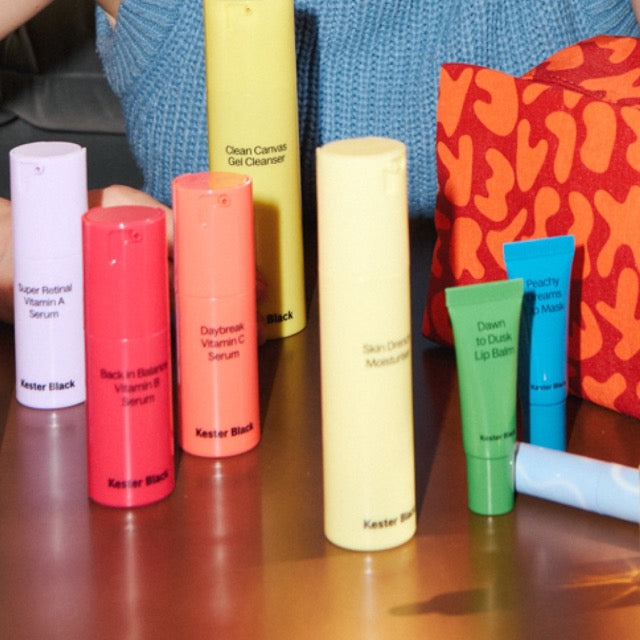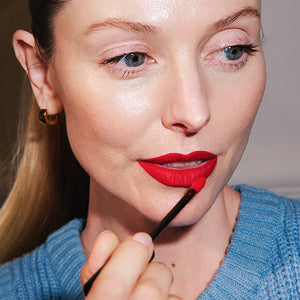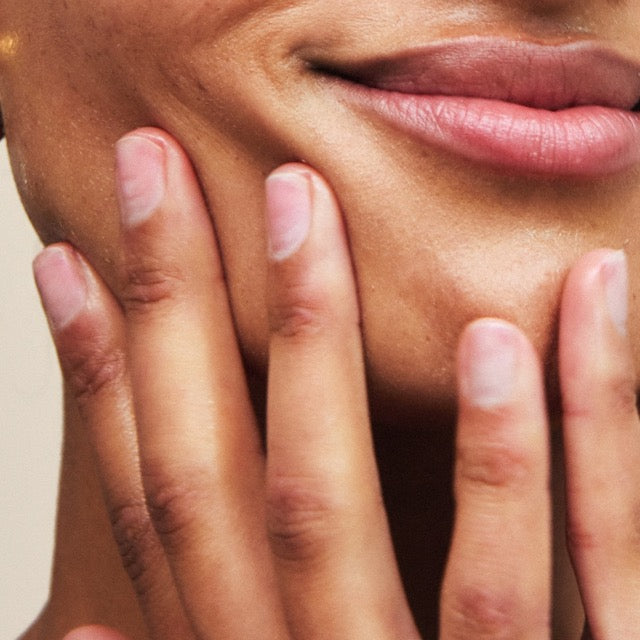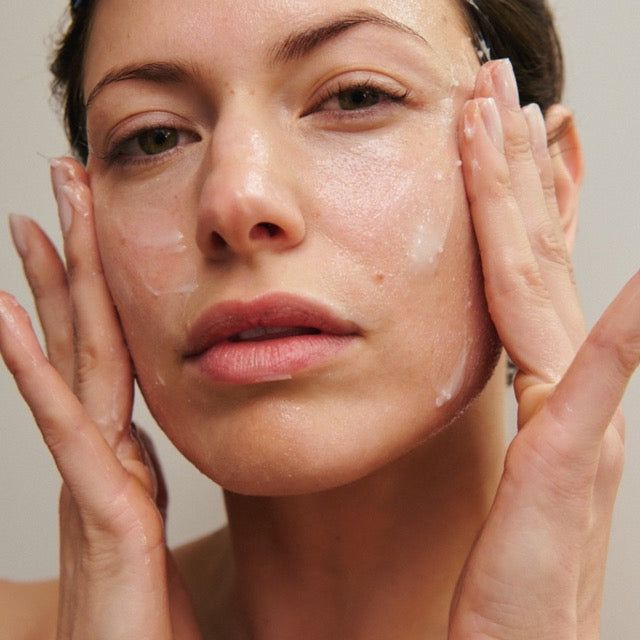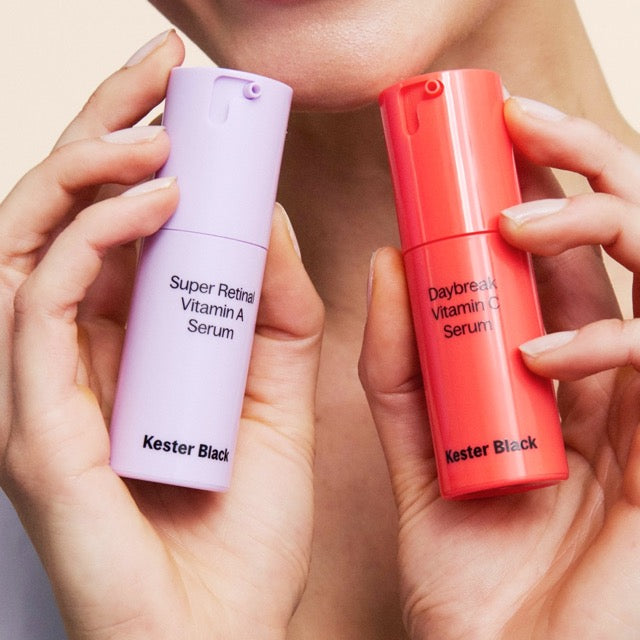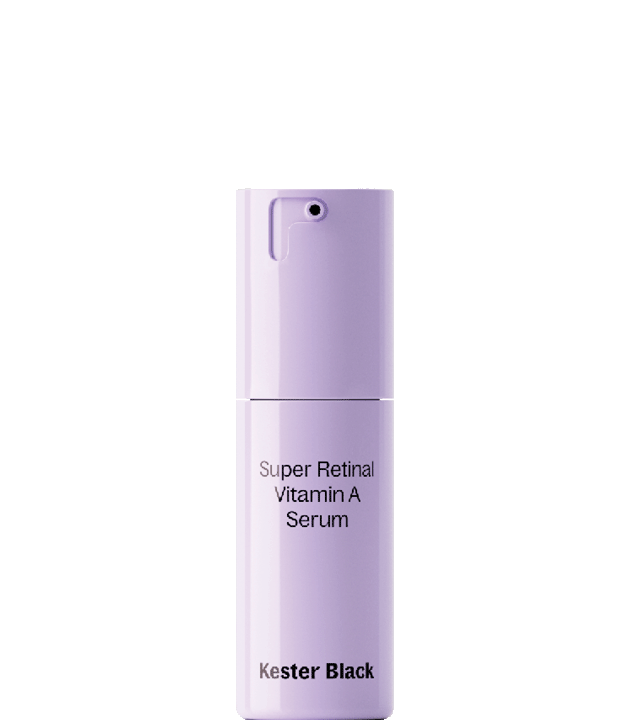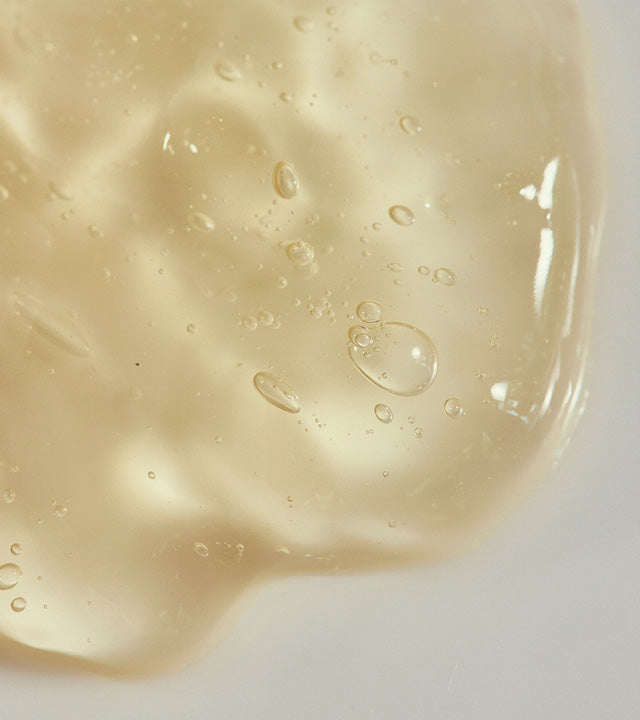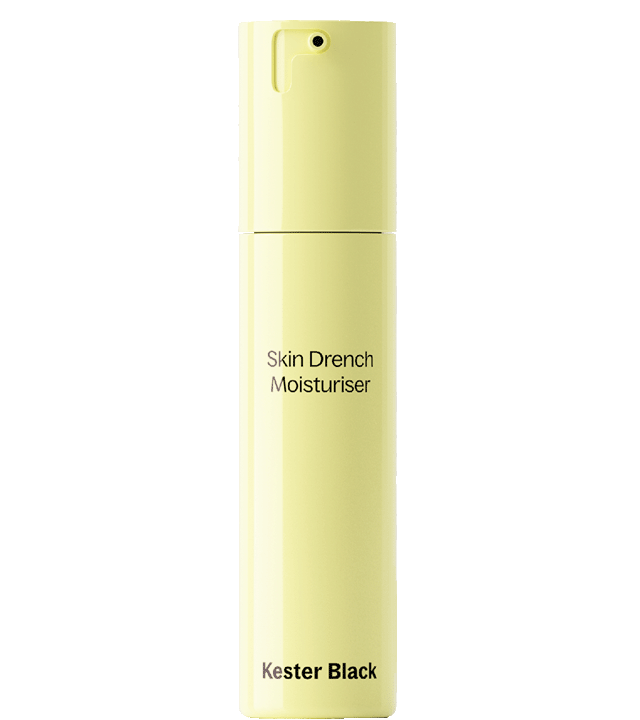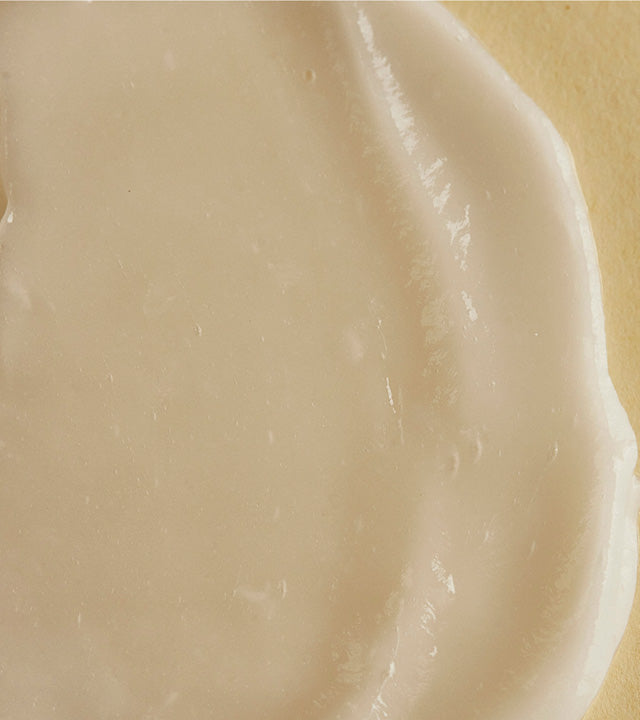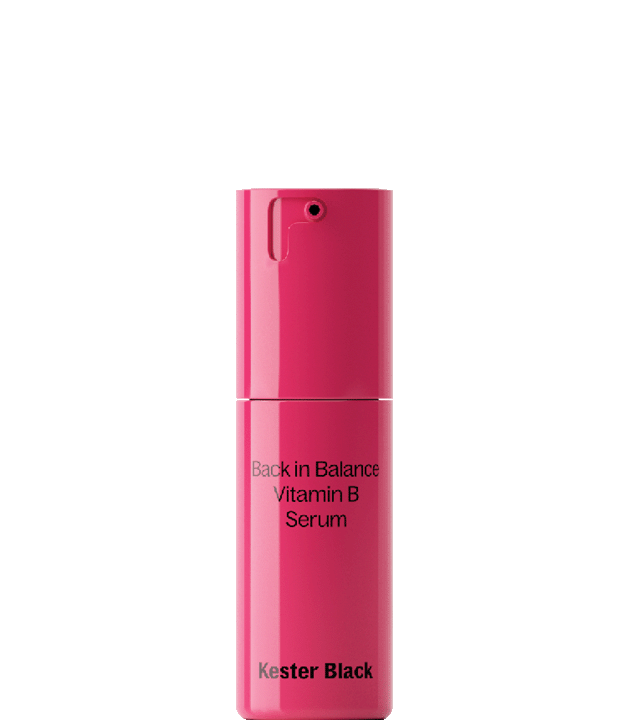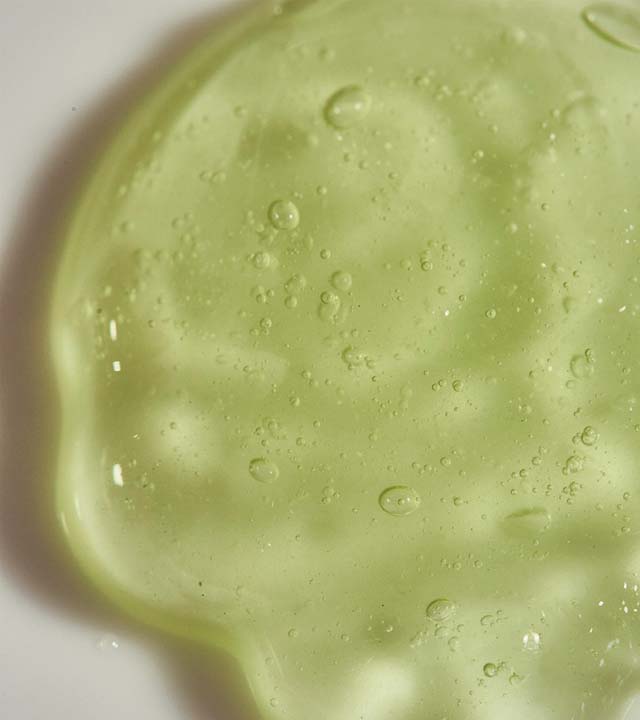Your guide to menopause skincare
07 May 2024 – 3 min read
While we often hear about how menopause impacts mood, energy levels and metabolism, the effect on our skin is often overlooked. But hormonal shifts don’t just mean hot flushes and night sweats, they can also result in skin-related changes like dryness, loss of elasticity and menopausal acne. Fun!
The good news? With a personalised approach and the right skincare routine, there are plenty of ways to support menopausal skin.
Before we dive in, a reminder that today we’re talking about tackling menopausal skin concerns from a topical standpoint. It’s important to speak to your GP or naturopath about inside-out approaches (which in turn may improve some of the menopausal skin symptoms below).
How does menopause impact the skin?
Menopause is when menstrual cycles no longer occur, marking the end of a woman’s reproductive years. It comes on gradually as hormone levels begin to change during perimenopause, which often starts in mid-40s (though everybody is different!). The impact on your skin might not be too noticeable in the first few years of perimenopause, but the drop in hormones like estrogen will definitely make for thinner, less resilient skin. Let's break down some of the most common menopausal skin concerns.
Dryness
One of the skin’s functions is to act as a barrier to the environment and keep water in. Skin metabolism is reduced during menopause, which is why many women experience dryness and dehydration as well as increased environmental damage from the sun and pollution.
Hydration (water) and moisture (oil) are key to supporting dry menopausal skin. Start with a hydrating serum, include oil-rich skincare to prevent said hydration from escaping (trans-epidermal water loss) and steer clear of anything stripping or harsh. Think: Back in Balance Vitamin B Serum, packed with niacinamide, vitamin F, provitamin B5 and Japanese blue-green algae to soothe and hydrate, plus a calming serum like The Caretaker, which includes nourishing macadamia oil, jojoba and squalane to make up for the oils that menopausal skin fails to make itself. And don’t forget a moisturiser that hydrates and locks in moisture like Skin Drench.
Loss of elasticity
During menopause, the swift decline in estrogen levels accelerates our loss of collagen, resulting in thinner, less supple skin and more fine lines and wrinkles. In fact, studies show that skin collagen may decrease as much as 30% in the first five years of menopause.
While loss of elasticity is a natural sign of ageing, topical treatments like retinoids can help boost cell turnover and collagen production. We recommend seeking out retinal, which can work up to 11 times faster than traditional retinol, delivering next-level anti-aging, radiance-enhancing and skin-smoothing benefits (hence why it’s the hero ingredient in Super Retinal Vitamin A Serum).
Acne
As estrogen levels fall, the resulting spike in testosterone causes an increase in sebum production, which then leads to clogged pores. Like other types of hormonal acne, menopausal acne is characterised by deep, tender bumps or cysts mainly around the mouth, chin and jawline.
To topically treat congestion, BHAs are your BFF. Beta hydroxy acids (or BHAs) are oil-soluble, meaning they can get up and under the oil clogging your pores to dissolve grime and gunk where it counts. Salicylic acid is often used to regulate oil production, target congestion, reduce blackheads and control inflammation from acne and pimples without stripping your skin - that’s why we included a hint in Clean Canvas Gel Cleanser for gentle daily use.
Hyperpigmentation
Along with the thinning of the skin mentioned above, menopause can disrupt the balance of melanin production, leading to hyperpigmentation and the appearance of darkened patches or spots.
Managing menopausal hyperpigmentation starts with suncare, so stock up on physical sunscreen with at least SPF45. Next up, make vitamin C serum part of your daily skincare. Daybreak Serum is our potent, hydrating and brightening blend of vitamin C, astaxanthin, vitamin E and ferulic acid to get you glowing and even out skin tone.
Keen to learn more?
Take a deep dive into the best at-home anti-ageing skincare routine and read up on the difference between retinal and retinol.
